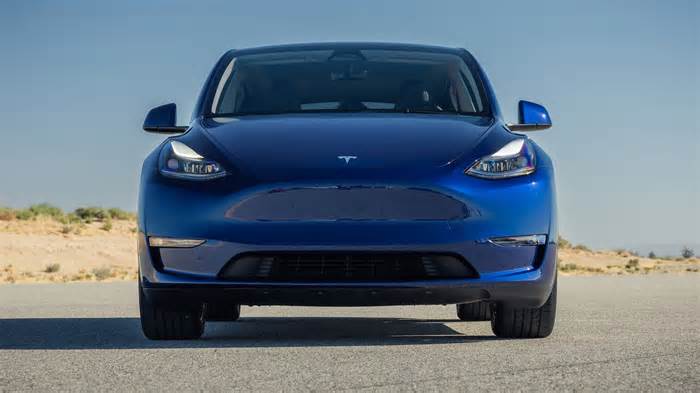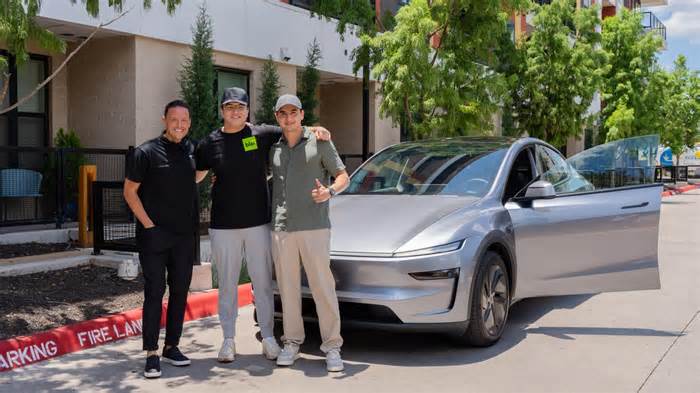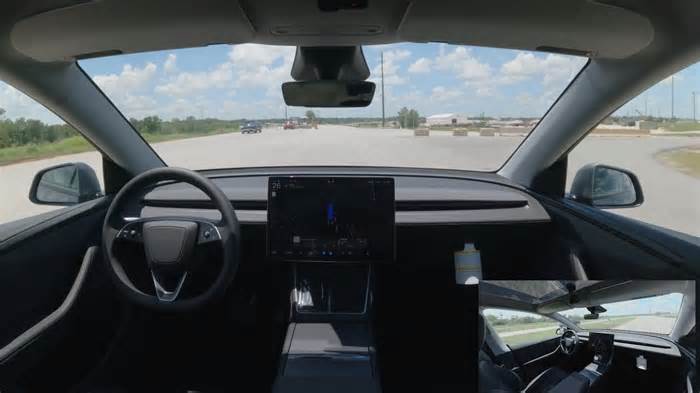
Hyperloop: What is Elon Musk’s vision for vacuum tube transport – and will it actually happen? - The Independent
- by The Independent
- Nov 09, 2020
- 0 Comments
- 0 Likes Flag 0 Of 5

Hyperloop: The 1,000 kph race to realize Elon Muskâs improbable dream
Following the latest test, Virgin Hyperloop appears to be the closest to realising this goal. But even their most optimistic timeline means that humans could be on Mars before a commercial hyperloop system opens to the public.
Virgin Hyperloop states that its goal is to be safety certified by 2025 and âbegin commercial operations by 2030â.
The first crewed mission to Mars could take place as early as 2027, according to projections from Elon Muskâs firm SpaceX.
The potential of the technology is vast, but so are the number of obstacles that still lay in its path towards commercial deployment.Â
Former Virgin Hyperloop boss Rob Lloyd previously theorised that the 60km journey between Gatwick and Heathrow airports in London â which currently takes around 45 minutes by car and over an hour by public transport â could be completed in less than five minutes using a hyperloop.
But the amount of planning permission and other regulatory steps required for constructing such a network means it could be decades before it is realised, if at all.
Virgin Hyperloop has proposed a route between London and Edinburgh that passes through Birmingham and Manchester, with the entire journey taking less than an hour. The company, which was previously named Hyperloop One before Richard Branson invested in it, claims the UK route would be both quicker and cheaper than the high-speed HS2 rail network currently being developed.
Navigating local laws and landowners in the UK is considerably more problematic than some of the other countries where hyperloops are under consideration.Â
The stretch of desert between Abu Dhabi and Dubai in the United Arab Emirates is the place most likely to welcome the first commercial hyperloop, according to Richard Geddes, a professor of policy at Cornell University and co-founder of the Hyperloop Advanced Research Partnership.
âNot only does the country boast vast wealth and a relatively flat landscape, the nature of the government means big projects can be implemented quickly and efficiently,â Professor Geddes told The Independent in 2018.
âItâs not just hype. Thereâs too many smart people working on it and too much capital behind it for it to not be realised.â
Regardless of where and when we might see hyperloop networks in the future, Sundayâs test in the Nevada desert is a big milestone, particularly in terms of passenger safety. Neither passenger wore special clothing to travel in the pod or reported feeling sick, despite reaching speeds of 172kph (107mph) on the 15 second journey.
âWhen we started in a garage over six years ago, the goal was simple: to transform the way people move,â said Josh Giegel, co-founder of Virgin Hyperloop and one of the first two people to take part in the test ride.
âToday, we took one giant leap toward that ultimate dream, not only for me, but for all of us who are looking towards a moonshot right here on Earth.â
More about
Please first to comment
Related Post
Stay Connected
Tweets by elonmuskTo get the latest tweets please make sure you are logged in on X on this browser.






 Energy
Energy

















